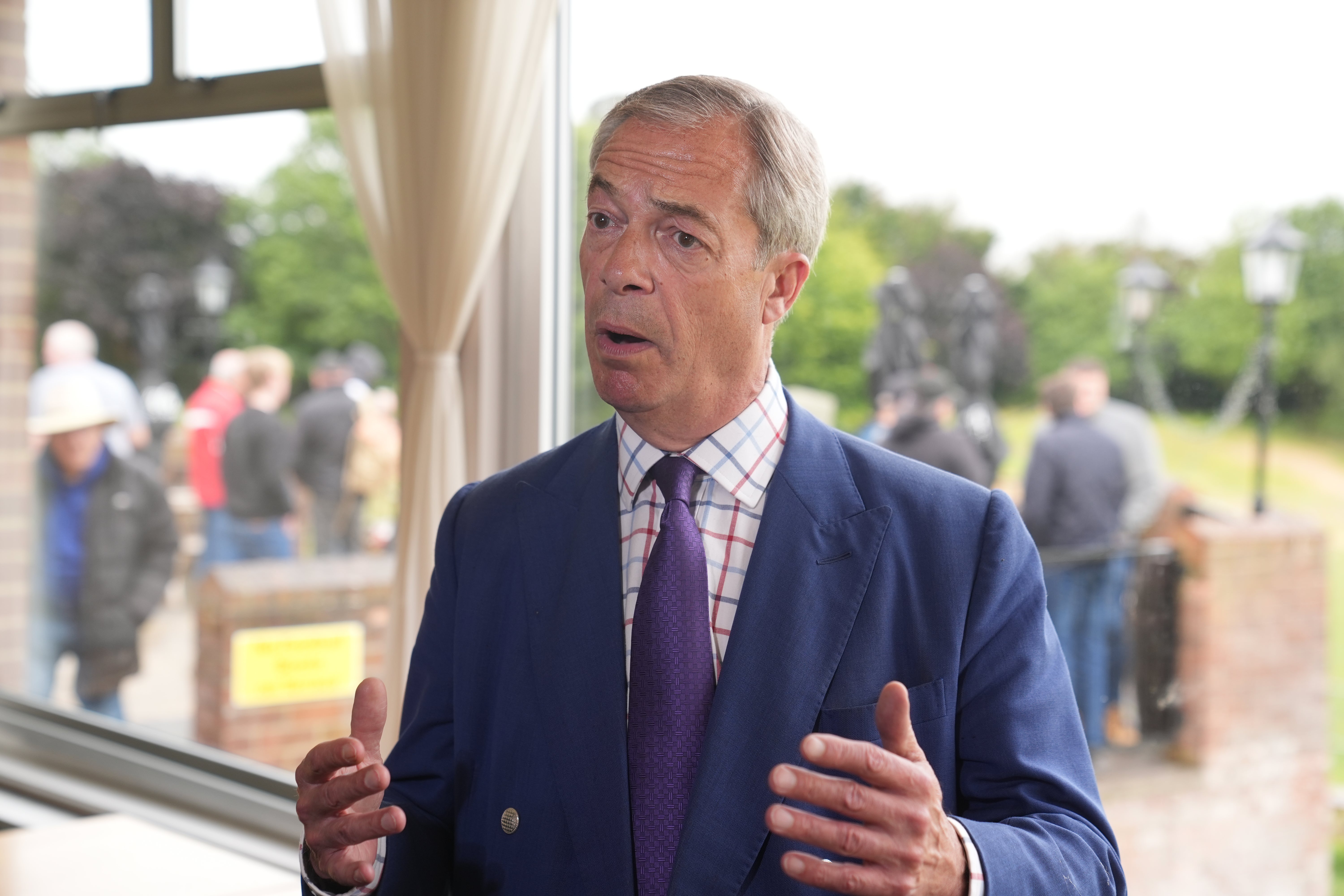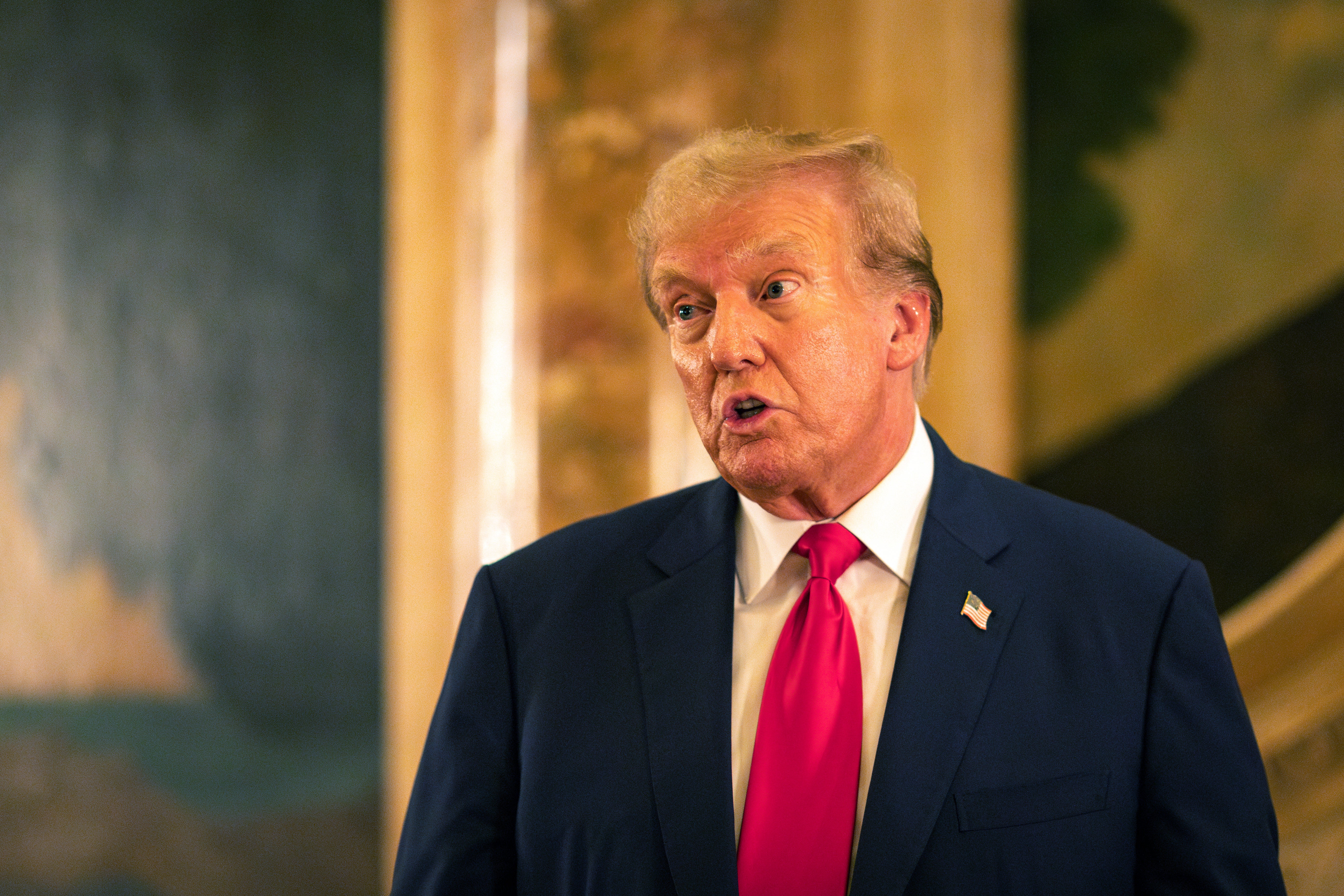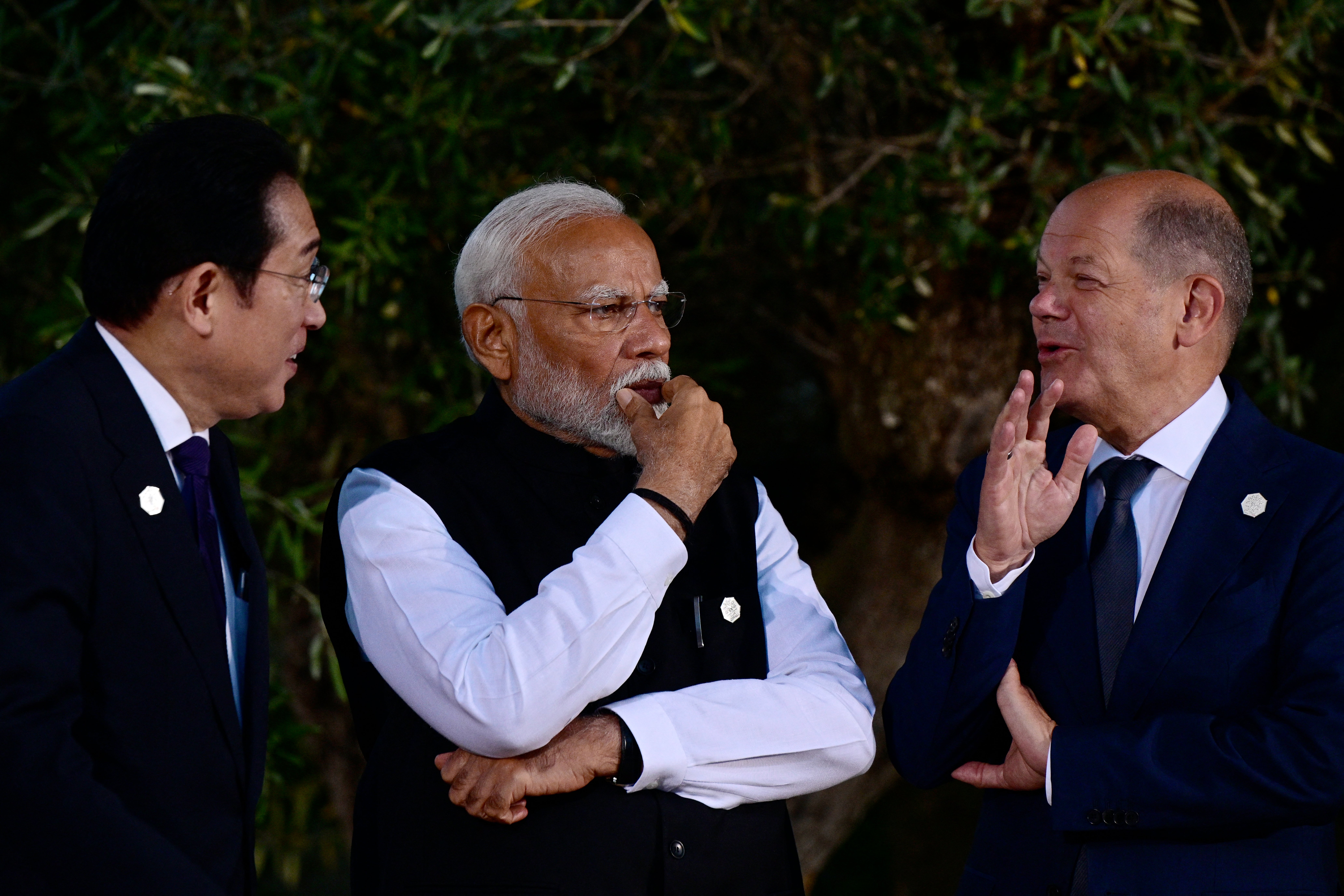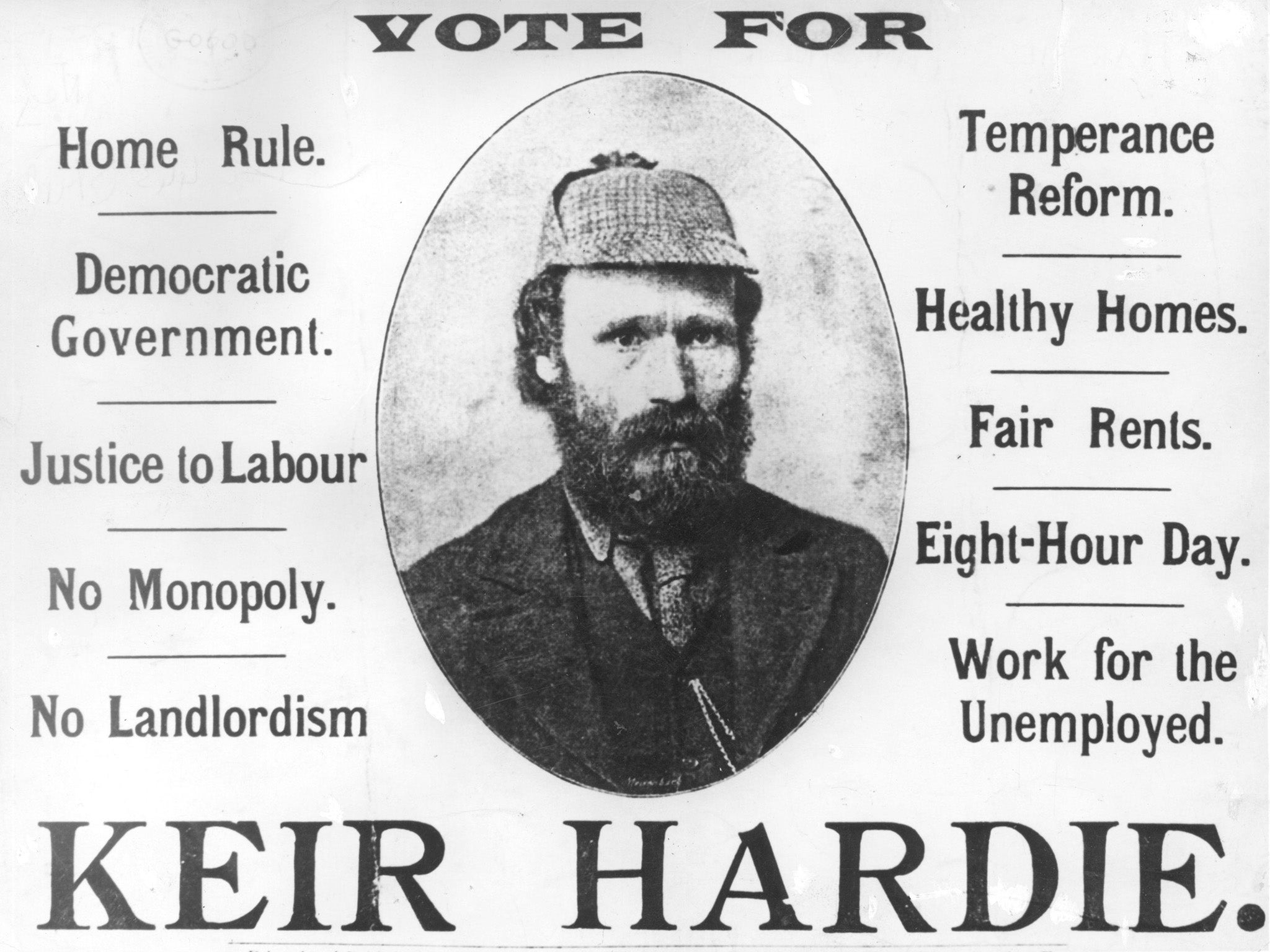Can Nigel Farage kill off the Conservative Party and replace it with Reform UK?
Suella Braverman says the very existence of the Conservative Party is at stake. Political editor David Maddox explains why she is right


The Conservative Party is the oldest and most successful political party in the world. It was in many ways the first modern political party and its history dates back at least 346 years to the foundation of the Tories, and arguably even longer to the Cavaliers who supported King Charles I in the Civil War.
But the party is facing its biggest crisis yet, with its very existence now in question. The rise of Nigel Farage and Reform UK party on the right is the first time a serious alternative in that political space has been presented to British voters.
While some wonder how a party with just five MPs can threaten such a long-established political institution, former home secretary Suella Braverman has warned that the Tory party does not have a right to exist. Her comments are a fair reflection of a turbulent time in politics, both here and overseas.
In an interview with The Independent, Mr Farage made it clear that replacement of the Tories is his plan, rather than seeking to take them over, and Ms Braverman knows this could happen.

Look across the Channel to France
The surge in support for Marine Le Pen’s National Rally would have been unthinkable in 2002, when Jaques Chirac took 82 per cent of the vote in the run-off against her father and predecessor, Jean-Marie Le Pen.
Like Britain, France had a very strong two-party system, with the Gaullist Republicans on the centre-right and the Socialist Party on the centre left. They had dominated since the end of the Second World War but now both have been eclipsed.
On the right, the National Front has become National Rally – right-wing populism minus the most overt racism – and on the centre-left, Emmanuel Macron’s Le Marche (now rebranded as Renaissance) replaced the socialists. There is no indication that the French want their old parties back.

The Republicans got Trump-ed
The other big election this year is in the US, where Donald Trump has a real chance of a second term in the White House. He may still be the Republican nominee, but this is not the party of the Bush dynasty or Ronald Reagan.
His takeover of the GOP has shown that an old party can die and be replaced from within. In this case, it was Trump’s Make America Great Again (Maga) movement that has been the cuckoo in the nest. Many traditional Republicans are now supporting Joe Biden instead.

An international phenomenon
In fact, around the world, traditional parties of the centre-right in particular have been overshadowed by a populist or extreme alternative.
Perhaps the most famous collapse came in Canada, where the governing Progressive Conservative Party was wiped out in the 1993 election and left with just two MPs. In India, the once all-powerful Congress Party has essentially been replaced by Narendra Modi’s Hindu nationalist Bharatiya Janata Party.
When corruption scandals took out Italy’s Christian Democrats, they were replaced by Silvio Berlusconi’s Forza Italia, who in turn have been supplanted by Giorgia Meloni’s Fratelli d’Italia. In the Netherlands we see the rise of Geert Wilders’ Party for Freedom. The same has happened in Austria and threatens to happen in Germany next year with Alternative for Deutschland.

Is Farage a Keir Hardie of the right?
There is historical precedent in Britain for a major party to be replaced. In 1906, the Liberals achieved a landslide victory with a majority of 124, but a new insurgent party called Labour, led by Merthyr Tydfil MP Keir Hardie, went up from two seats to 29. By 1922, Labour had become the official opposition and the Liberals a rapidly dwindling third party.
It may be a coincidence that Farage launched Reform UK’s manifesto at this election in Hardie’s old seat, but there are other parallels.
Both men and their parties were sneered at by established politicians. Socialism and populism appeal to similar demographics and reach out to the excluded. And in both cases, the traditional broad appeal parties thought the first-past-the-post system would lock newcomers out.
Just as Labour replaced the old Liberals, Reform UK could replace the Tories.

Reasons for Tories to worry
Already, there is talk among MPs of excluding the membership from choosing the party leader, blaming their base for recent choices such as the election of Liz Truss.
And who would be the next leader? Someone associated with the last 14 years? Someone trying to outperform Farage on the right? Someone with little experience?
The options are well-known, and none have much support among the public in a political era that is increasingly based around big personalities.

Reasons for Conservative optimism
More than any other party, the Tories know what it means to reinvent themselves after a catastrophic defeat.
As the Cavaliers, they survived King Charles I’s final defeat at Naseby in 1645. As Jacobite Tories, they survived defeat at Culloden in 1746. They survived Lord North losing the American colonies in 1781. They reinvented themselves after the Whigs brought in the Great Reform Act in 1832, and again when the party split over the Corn Laws in 1846.
After Labour swept to power in 1945 and brought in the welfare state, the Tories again adapted and became the dominant party of the post-Second World War period. They changed again after the economic crisis of the 1970s with the rise of Margaret Thatcher, and they had to regroup after the success of Tony Blair’s New Labour.
Can its current members prove themselves equal of their forebears?
Join our commenting forum
Join thought-provoking conversations, follow other Independent readers and see their replies
Comments
Bookmark popover
Removed from bookmarks